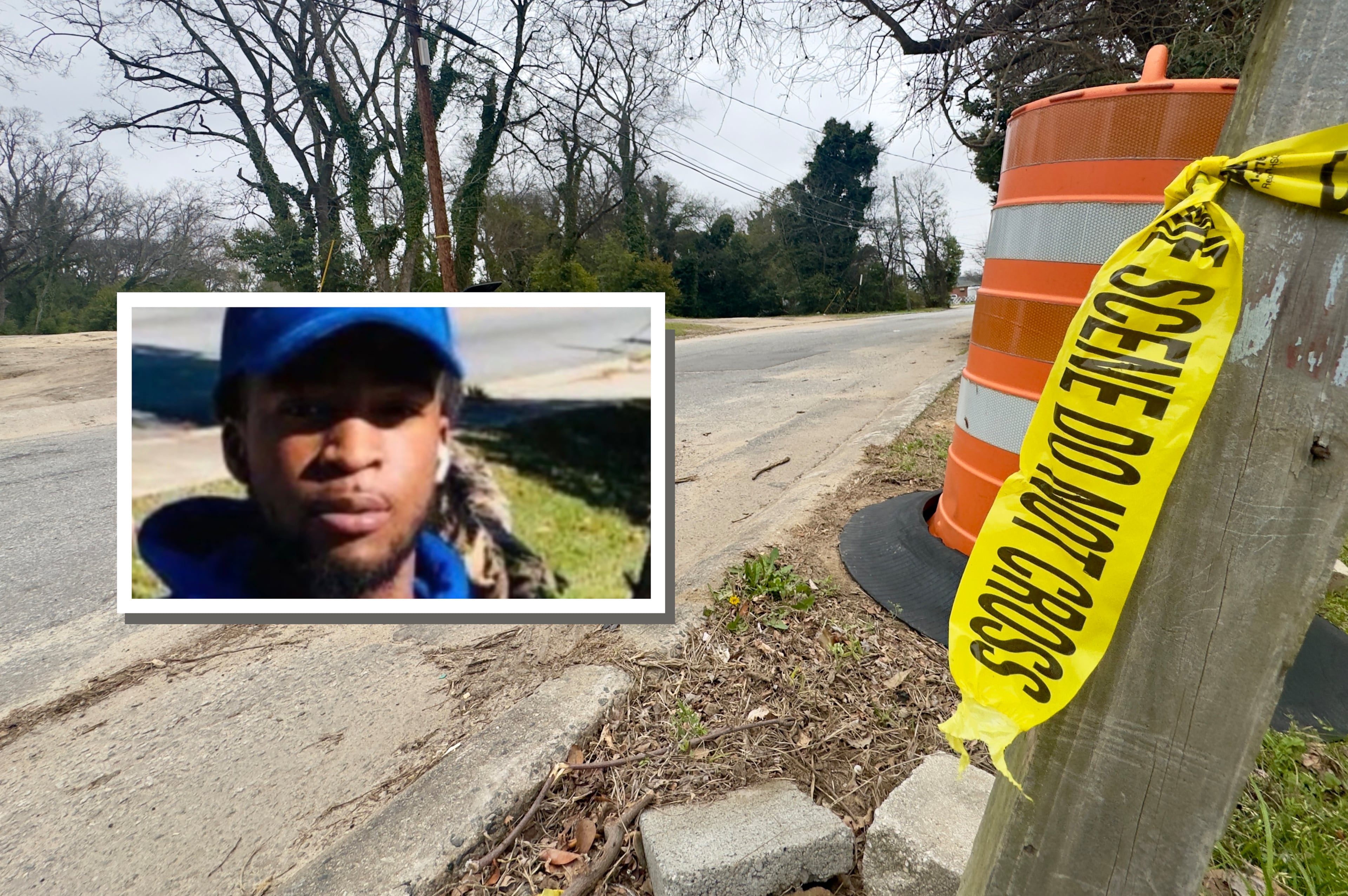Atlanta icon Blondie celebrates 40th anniversary at Clermont
There’s no sure way to honor an Atlanta icon known for spouting poetry as she flattens beer cans with her ample chest. But for Blondie, the 40th anniversary at Clermont Lounge on Sunday was more affirmation than celebration.
She's been the most popular entertainer — don't call her a stripper, she advises — at the Midtown landmark for decades, growing her legend as the venue transformed from a grungy nightclub to a fancy new hotel adopted by urban hipsters and out-of-town conventioneers.
Now 62, Blondie has been blunted by health problem. Leg surgeries have slowed her dance skills; she suffered a minor stroke last year. The invincibility of youth is far behind her.
But as she holds court near a dormant bag-toss game, Blondie gushes about how she’s fortified by something deeper. She’s long been a Christian, but 10 years ago felt “reawakened” by her religion. Now she’s driven to serve as a spiritual guide for young dancers in need of a mentor.
“There’s a purpose to it,” she says. “I don’t make a lot of money, but I do it for the girls who need some guidance — spiritual guidance. I’ve been where they are now, with the drugs and alcohol.”
So how what does she tell them? Blondie pauses here for a beat.
“I tell them, don’t let men take advantage of you. I tell them, if you believe in God, fine, if you don’t that’s OK, too. But I started trusting Jesus 10 years ago, and I tell them about that.”

Born Anita Ray Strange in Ohio, Blondie started dancing when she was 19 in Indiana before alighting for the warmer weather of the South. She started dancing at the Clermont Lounge roughly four decades ago, and never left.
Since then she's danced for such celebrities as Kid Rock and Marilyn Manson (she says her favorite was the late TV host Anthony Bourdain), was immortalized in a comic book and featured in a coffee-table tome. Her personal life and advocacy for gay rights is the topic of a 2014 film, "AKA Blondie," by local director Jon Watts.
RELATED: Lady Gaga talks Clermont Lounge (and Blondie) on 'Tonight Show'
Beyond her bosom-bending abilities, Blondie’s witty poetry and platinum wig have helped build a loyal following — and a place on many lists of Atlanta’s must-see, if quirky, attractions. Her anniversary brought dozens of those fans to the hotel’s rooftop bar.
Her friends carefully arranged bouquets of purple-and-silver balloons along with a cake adorned with shards of Pabst Blue Ribbon beer cans, the calling cards of another smashed beer. Organizers joked they weren’t exactly sure how fashionably late she would arrive.
As the thud-thud-thud of the DJ’s playlist filled the air, a small crowd gathered around a gold-colored elevator to wait for Blondie. Word had spread that she’d arrived, and her fans tensed with applause that would evaporate each time a wayward bartender or confused hotel guest stepped out.

Finally, after an appropriate amount of dramatic buildup, Blondie shows up about an hour after her party started. Dressed in a gold-sequined top with a silver tiara, she removes her sunglasses in a flourish as she poses for the crowd — and a bank of cameras filming for her YouTube channel, “The Clermont Chronicles.”
Blondie is soaking in the attention. One fan buys her a vodka cranberry, others line up for selfies. Still, she speaks with humility when peppered with questions, as if channeling an athlete asked about smashing a game-winning homerun rather than asked about smashing disused beer cans.
“Well, I just wasn’t worried about being famous,” she says about her longevity. “I love what I do.”
She says she would rather be celebrated for her writing skills, her mentorship of young dancers, the YouTube series she helps produce and her advocacy for LGBTQ issues rather than some trademark trick written up in tour guides.
And she wants to be recalled for something else: A grittier, soulful Atlanta that sometimes feels left behind amid the glitter and glint of a skyline that’s sprouted up around her as she’s worked at the Clermont these past 40 years.
That renaissance has extended, too, to her place of work. The "deadbeat redneck club" where she started her job all those years ago has been replaced with a glitzy club and hotel. It's nice, she says, surveying a rooftop filled with trendy millennials and tourists. But it's not the same.
“It’s lost something. I don’t know what, but it’s lost something — the ambience it once had,” she says, her eyes downcast for a moment or two. Then, her smile returns.
“But I’m still real. And I haven’t let fame change me.”



